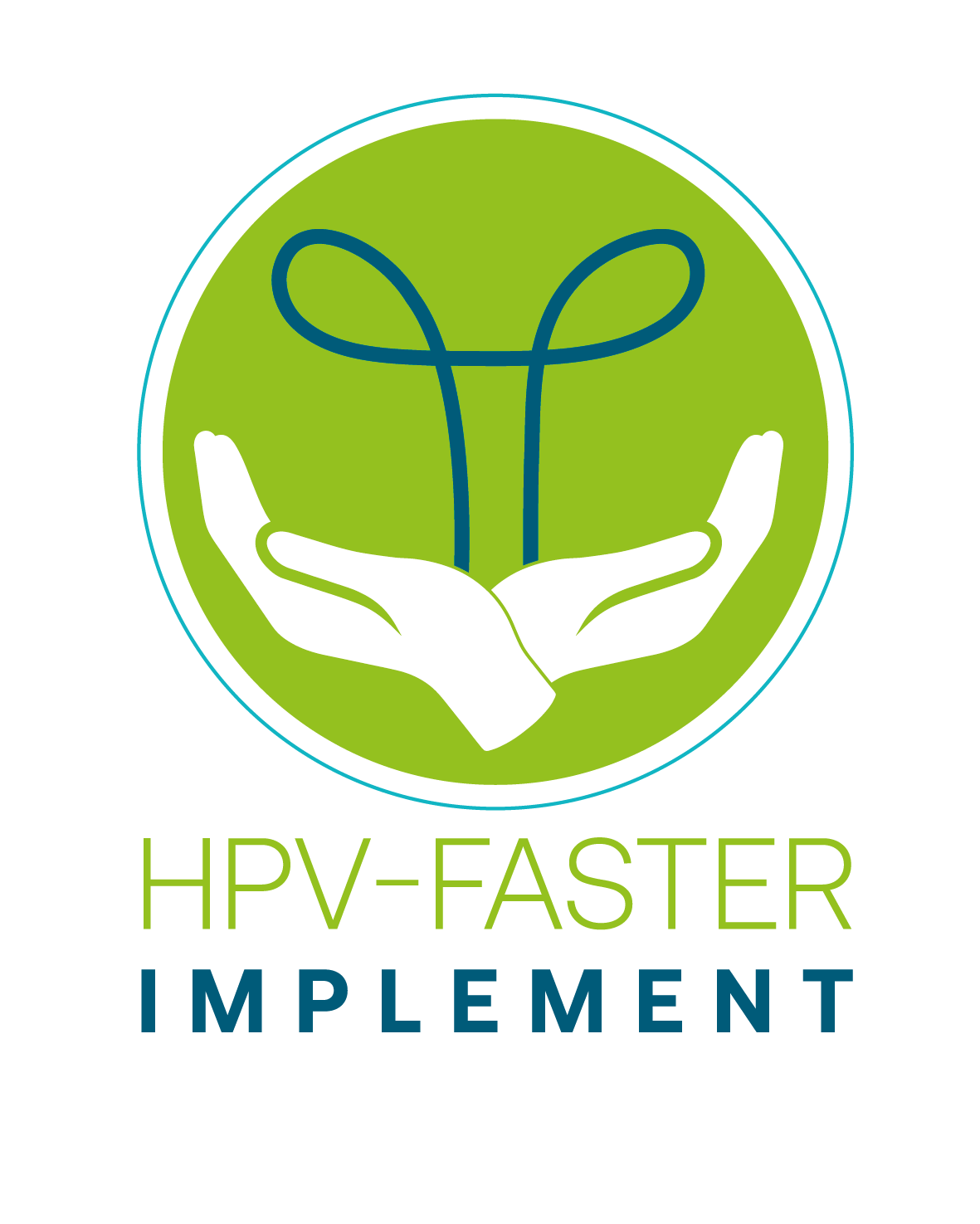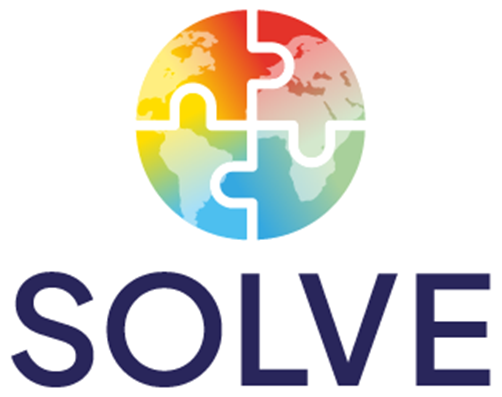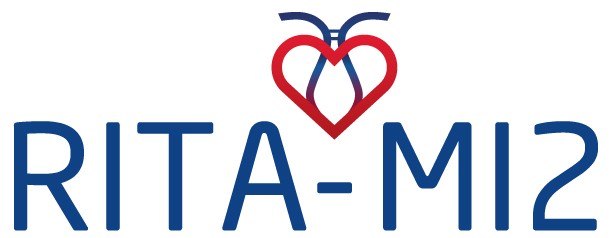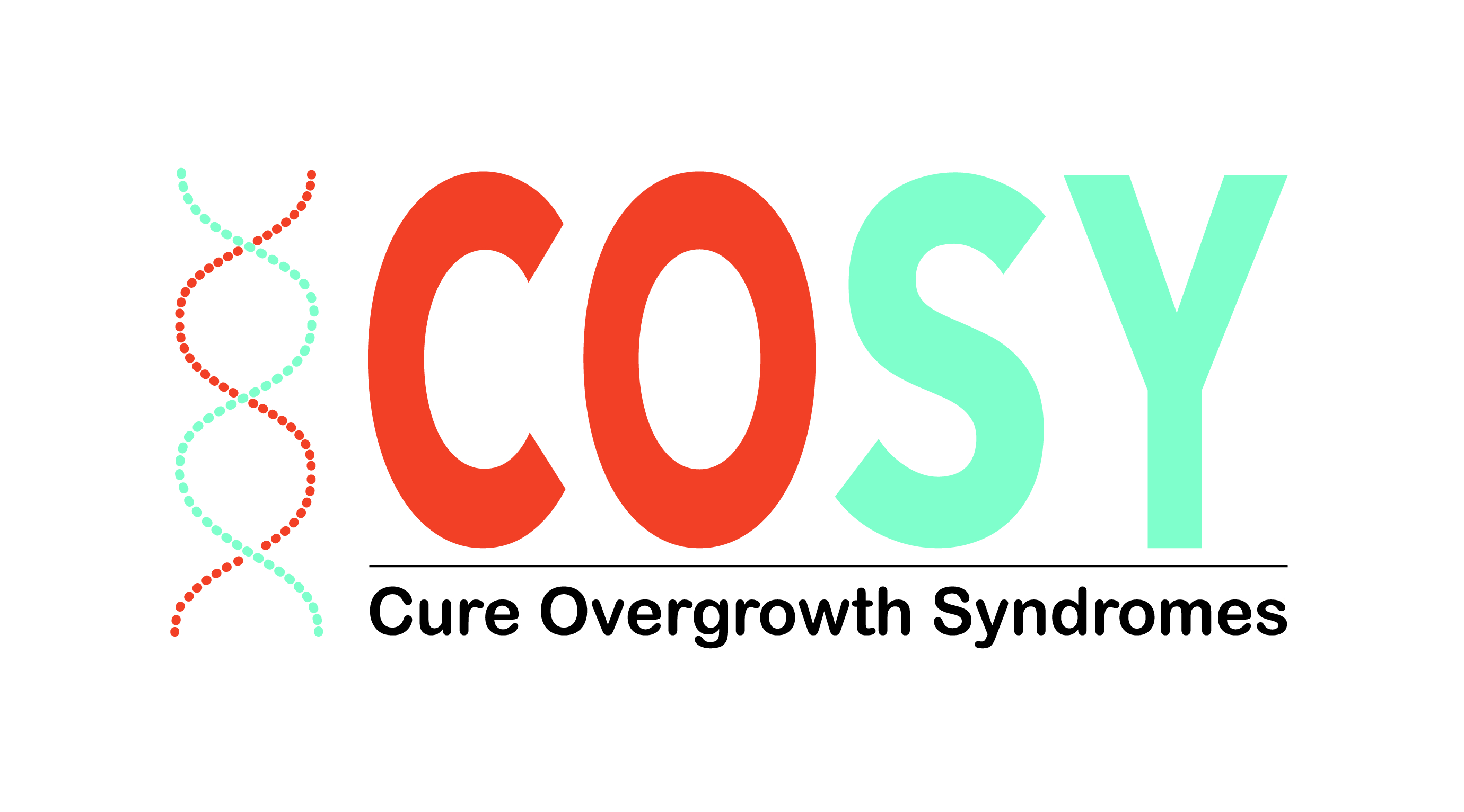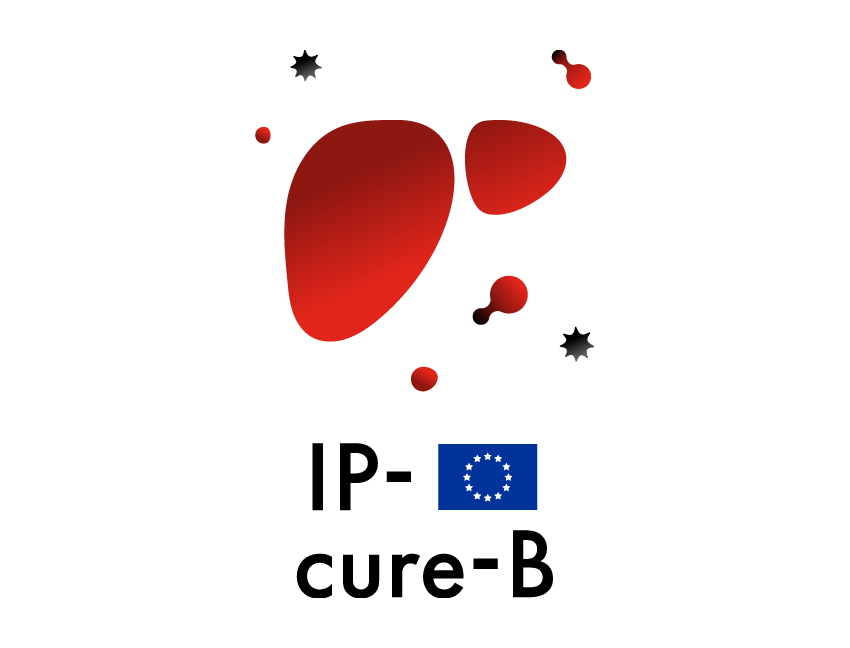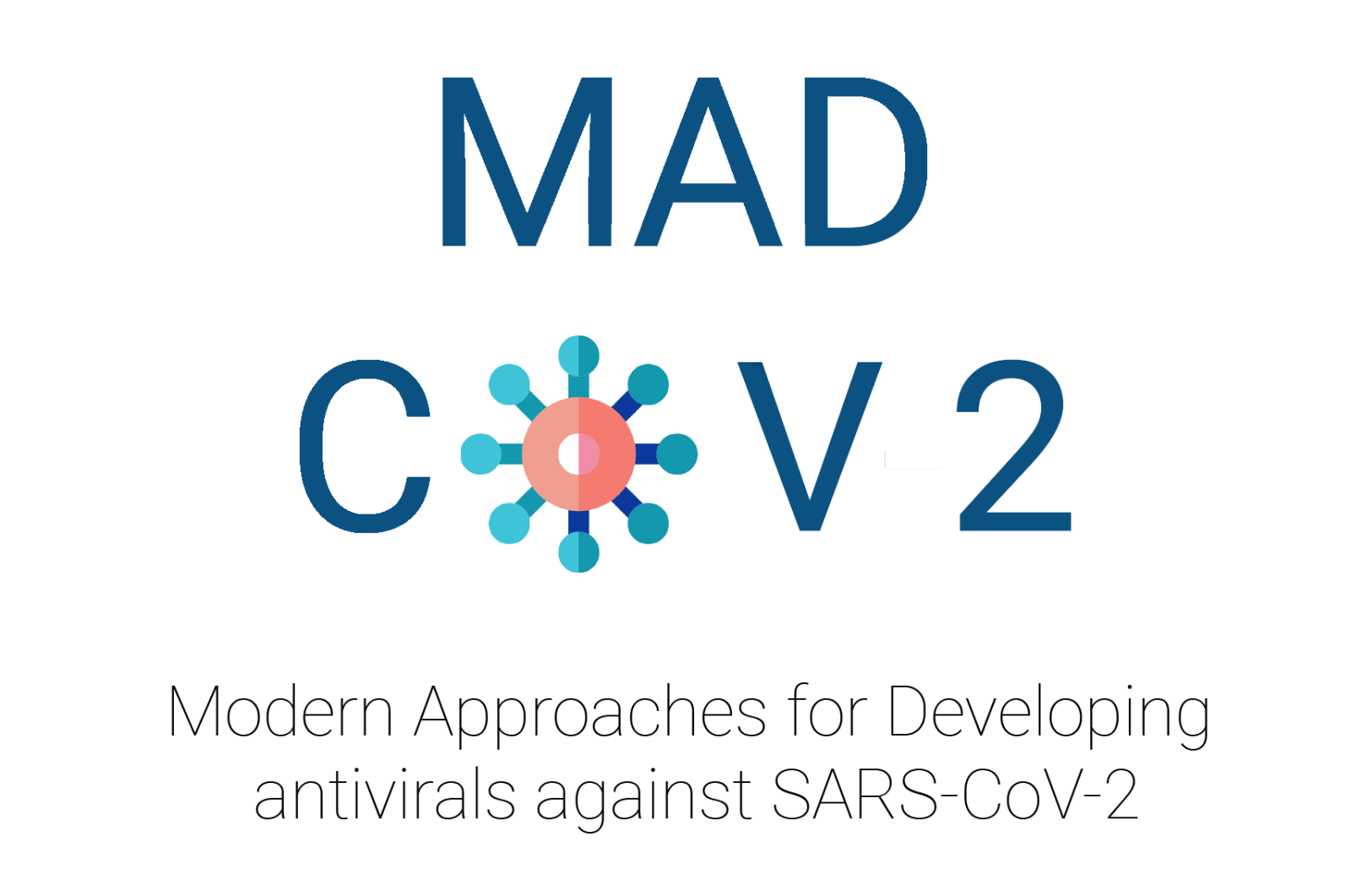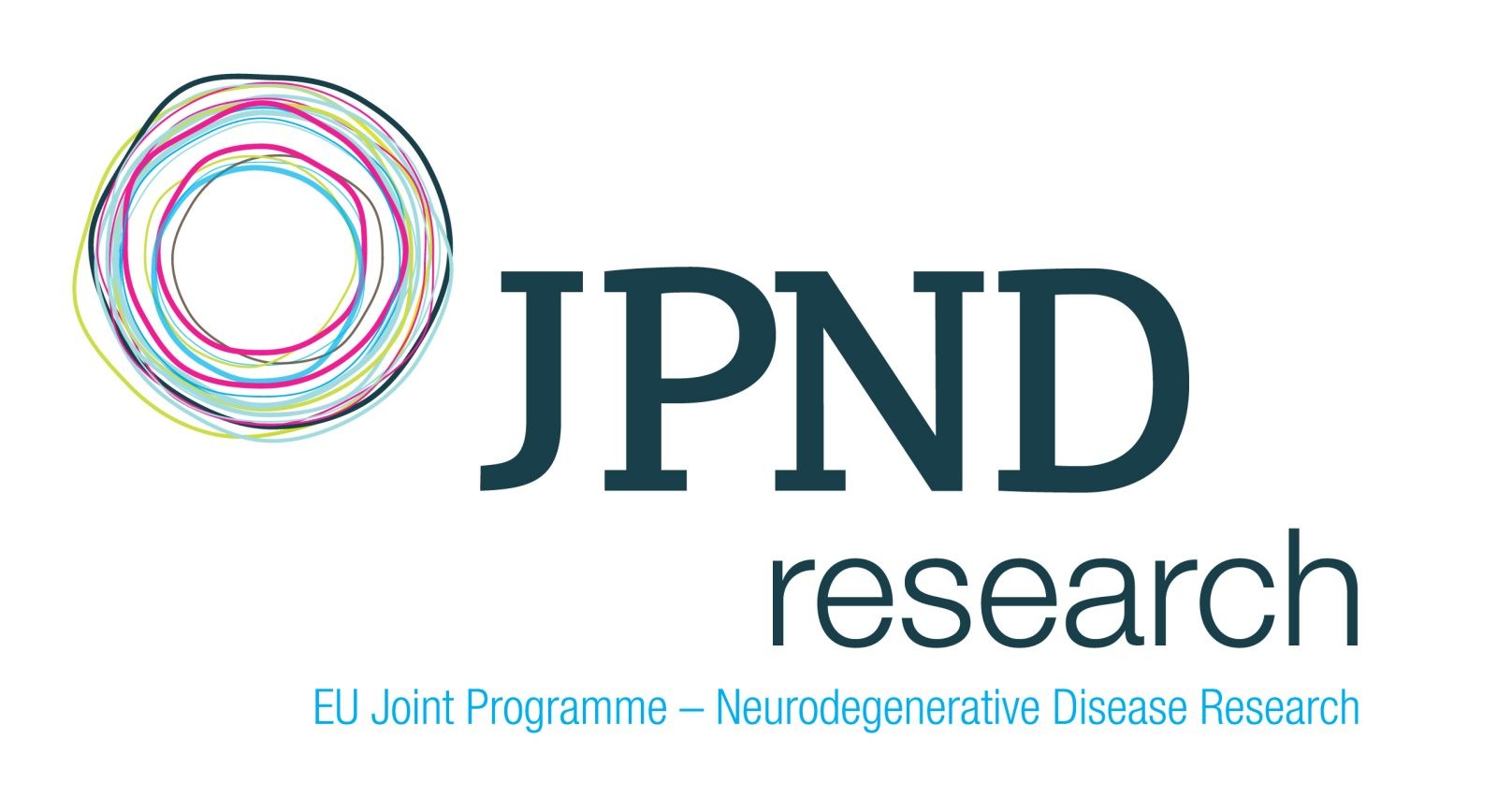CARE-IN-HEALTH
Date de début : 01 Janvier 2023
Date de fin : 31 Décembre 2027

La prévention des maladies cardiovasculaires grâce à un modèle immunologique
Les données épidémiologiques suggèrent une association entre l’inflammation chronique et le risque de maladie cardiovasculaire (MCV). Comprendre le lien mécanique entre les deux peut aider à développer des stratégies de prévention réduisant l’inflammation tout en maintenant un système immunitaire en bonne santé. Pour y parvenir, le projet CARE-IN-HEALTH, financé par l’UE, propose d’intégrer des données omiques et cliniques issues d’un vaste réseau de collaborateurs dans un système d’aide à la décision basé sur l’IA. L’objectif est de fournir des signatures individuelles pour les patients, qui serviront de base à la résolution de l’inflammation. Étant donné que des millions de personnes souffrent et décèdent de MCV, le système CARE-IN-HEALTH devrait permettre d’éviter l’apparition des MCV et de favoriser une vie saine.
Coordinateur scientifique du projet : Magnus Back
